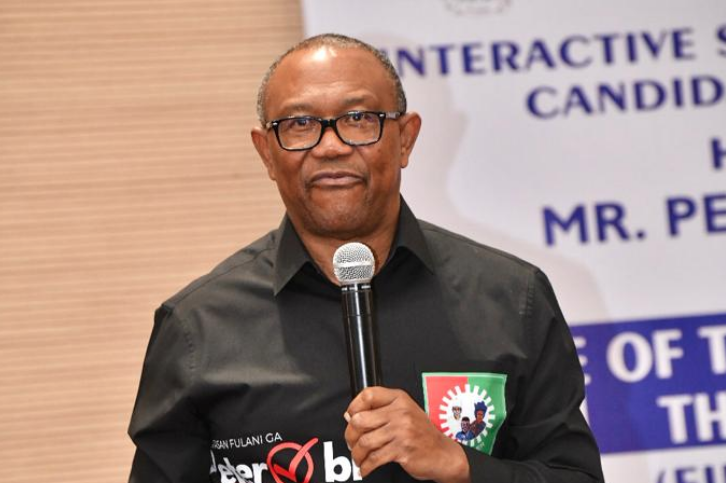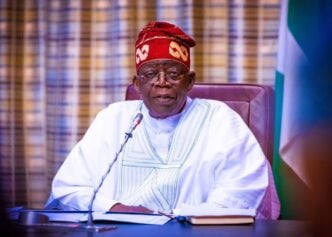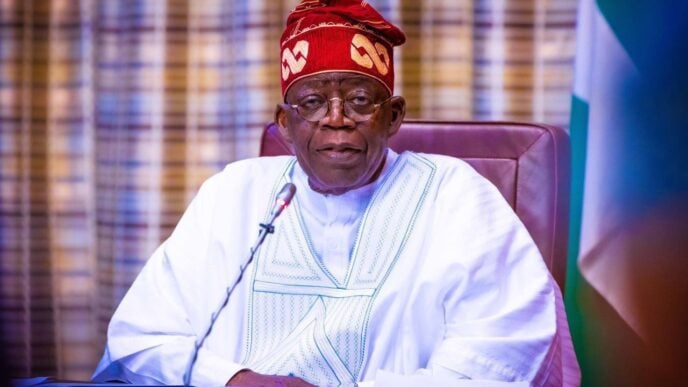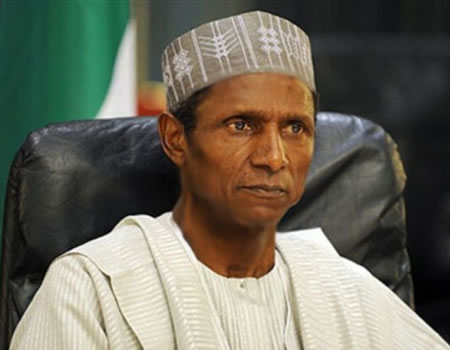BY BAYO OLUPOHUNDA
Peter Obi is at the heart of a political conundrum. His promise to serve only a four-year term if he emerges as the opposition flag-bearer has become the subject of intense discourse and has divided opinions. While the constitution allows for a two‑term presidency of four years, Obi insists he will step down after a single term, arguing that four years is sufficient to transform Nigeria. His critics — from Tinubu’s media aide, Bayo Onanuga, to the former south-east campaign spokesman of President Bola Tinubu, Dr. Josef Onoh, Femi Falana, and Reuben Abati — are questioning his sincerity, calling the promise impractical, undemocratic, and symptomatic of desperation disguised as altruism.
The ‘Obidients’, the combative and ferocious supporters of Obi, insist he simply wants to turn around Nigeria’s trajectory in four years and leave with his integrity intact. Chimamanda Adichie, the renowned writer and Obi admirer, has also weighed in. She said Obi is not desperate for power, unlike other politicians who, according to her, are only driven by personal egos.
Obi has repeatedly insisted on X (formerly Twitter) that he is not “desperate for power,” that his motivation is service rather than ambition, and that a one‑term limit is aligned with leaders like Nelson Mandela or John F.Kennedy, who he claimed (although historically and factually incorrect) embodied principled leadership. But the passionate attention his one term has drawn from opponents and Nigerians speaks volumes.
Advertisement
Former south-east campaign spokesman Dr. Josef Onoh bluntly labelled Obi’s vow “rhetorically appealing but fundamentally impracticable,” arguing that it undermines democratic principles by pre-emptively undercutting the voters’ right to re-elect a leader they deem fit. The Lagos APC called it a veiled admission of incompetence and a cynical attempt to lower expectations, suggesting Obi has neither the stamina nor the vision to govern Nigeria beyond four years. Human rights lawyer, Femi Falana, emphasised the absurdity of timeline-based leadership in Nigeria’s highly combustible political system, questioning whether four years alone proves transformative.
However, beyond the constitutional and governance criticism of Obi’s one-term pledge lies a deeper suspicion: is the Agulu politician sacrificing principle for expediency, positioning himself to secure alliances for the ticket? Many see his one-term promise as a strategic concession — not a selfless but a self-serving one. His sudden alignment with coalition efforts to unseat President Bola Tinubu, which included both the PDP and ADC leaders, could be read as a bid that signals flexibility. Indeed, critics such as APC’s Bala Ibrahim and Labour Party insiders like Abayomi Arabambi have accused Obi of desperation, deception and manipulating narratives to win the coalition ticket rather than serving Nigerians.
But Nigeria’s political arithmetic is as complex and diverse as its heterogeneity. If Obi wins in 2027 and insists on ceding power to the north after one term of southern presidency, while the north may view this as a necessary rotation, Nigerians should also expect substantial concessions and influence peddling during Obi’s government.
Advertisement
Obi’s critics fear that in exchange for northern acceptance, he may dilute his reform agenda, ignore southern expectations, or perpetuate patronage rather than deliver transformative change. The south-east, which has never produced a president, at least in the Fourth Republic, would effectively be limited to a single term-raising concerns about whether he is truly advancing equity for the south-east or sacrificing it for personal ambition and relevance.
In all of these, Obi’s critics say his past record is unconvincing and offers no solace for the Eldorado he promises if he is elected to the highest office. Obi’s tenure as governor of Anambra was praised for fiscal prudence – but the results are controversial, heavily debated, uneven and localised. Critics have pointed at his party-hopping habit – from APGA to PDP to Labour Party – which they say undermines narratives of any claim to ideological consistency.
He was once quoted to have said he would stay in APGA “till I die” but left the party; he promised transparency, but later faced accusations of profiting through state investment schemes. Critics note that promises he made in the past have often dissolved once power shifted.
There is also the danger that Nigerians – especially his ‘Obedients’ who see him as a ‘clean’ alternative – may be setting themselves up for disappointment. His proposed four-year limit may reduce or even hamper accountability: with no chance of re-election, there will be less political incentive to deliver results. Also, in a brittle democratic system where the rule of law is weak and institutional continuity matters, four years may fall short of delivering confidence in reforms. As Falana asked: What can truly be achieved in four years in a nation burdened with insecurity, corruption, dysfunctional bureaucracy, and a collapsing economy?
Advertisement
Obi’s insistence on a single term is noble in theory but naive in practice. Without a binding enforcement mechanism, there’s no constitutional amendment to lock him into four years. His pledge is aspirational at best. It relies solely on expedience and personal integrity, which, as contemporary Nigerian history shows, is rarely sufficient deterrent against the perks of power and incumbency. Former President Goodluck Jonathan’s insistence on contesting in 2015 after completing Umar Yar’Adua’s term provides an ample example of taking a politician’s promise with a pinch of trust. Assuming Obi gains enough momentum as president, would he step down or find legal loopholes? Many analysts fear that, just like in Jonathan’s example, when power is at stake, promises crumble.
Obi also seems tone deaf to the northern power-mongering ‘Oliver Twist’ expectations. Power rotation in Nigeria isn’t just etiquette-it is expectation. His one‑term pledge arguably undercuts the Tinubu factor and south-west entitlement to a two-term presidency and may generate resentment in the south-east. Rather than galvanising his base with vision, Obi risks alienating them by appearing overly conciliatory to the Northern power bloc.
Serving only four years in a volatile political environment like Nigeria may lead to tenuous compromises. He could be forced into patronage deals with entrenched elites to secure peaceful tenure, undermining his reformist posture. What guarantee do ordinary Nigerians have that Obi’s anti-corruption rhetoric survives the realities of governing coalitions and elite bargaining?
There is, however, another possibility worth considering: Many, especially the Obedients, believe Obi is sincere. They trumpet his controversial record as Anambra governor. His business acumen as a trader, as he proudly describes himself, his emphasis on fiscal discipline and the ‘consumption to production’ mantra, and his appeal to youth all suggest someone motivated by a higher purpose rather than raw ambition. He may truly believe that four years is enough to reset the national trajectory, that Nigerians deserve a clean transition, and that rotating power reinforces democratic equity. His defenders view this sacrifice as courageous: limiting personal ambition.
Advertisement
But courage without clarity is pyrrhic. In his many public engagements canvassing for a single term, Obi has often failed to outline a binding blueprint, process, constitutional or institutional safeguards to make his 4-year promise believable. He speaks of reform, anti-corruption, integrity-but he refuses to engage the democratic reality that citizens might wish to give him another term if results speak for themselves. His refusal to let the people decide, which is one of the tenets of democracy, seems elitist.
Peter Obi’s single-term promise is a risky political gamble-one that could elevate him as a principled politician or expose him as another old hawk. If he is driven by desperation, his vow is just a facade over deeper ambition — a feint to win coalition partners and neutralise northern suspicion.
Advertisement
As history beckons in 2027, Obi must be clear about his intentions. But until then, Nigerians must ask hard questions: is he limiting his term to serve the country, or assuring the coalition or dousing north’s 2031 apprehension? Is he building consensus or cementing concessions? Is he delivering change or pre-empting demands? 2027 is pregnant with answers to these questions.
Advertisement
Views expressed by contributors are strictly personal and not of TheCable.









